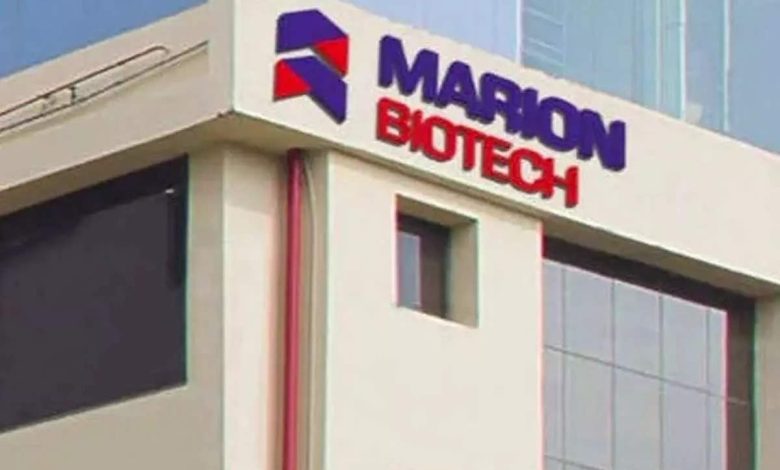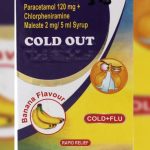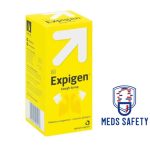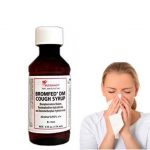Factory Linked to Cough Syrup Deaths in Uzbekistan Gets Permission to Reopen in India

The northern state of Uttar Pradesh in India has recently granted permission for the resumption of most production at a factory owned by Marion Biotech, a pharmaceutical company. This particular factory had been implicated in the production of cough syrups that were linked to the tragic deaths of 65 children in Uzbekistan the previous year. The decision to allow the resumption of production was outlined in an official order, as reported by Reuters.
Marion Biotech is one of three Indian companies whose cough syrups have been associated with the deaths of 141 children in several countries, including Uzbekistan, Gambia, and Cameroon. This incident represents one of the most severe cases of poisoning involving cough syrup in recent history and has drawn the attention of international health agencies, including the World Health Organization (WHO).
The drug controller of the state in which Marion Biotech is located had previously revoked the company’s license in March. However, in the most recent order dated September 14, it was mentioned that there were no known quality issues with other medicines produced by the firm. As a result, the appeal made by the manufacturing firm was partially accepted. The order specified that the company could not use propylene glycol (PG) in its products but was allowed to produce and sell all other items.
Shashi Mohan Gupta, the official responsible for the order, declined to comment on the matter. He previously stated to Reuters that the Controller General of Drugs for India, Rajeev Singh Raghuvanshi, had contacted Marion Biotech to initiate a plan for corrective and preventive actions by the company. Both Raghuvanshi and the company did not provide an immediate response to Reuters’ request for comments.
The Marion factory in Uttar Pradesh had been closed in March due to an analysis conducted by Uzbekistan’s health ministry, which found that two cough syrups manufactured by Marion, namely Ambronol and DOK-1 Max, contained unacceptable levels of toxins, specifically diethylene glycol (DEG) and ethylene glycol (EG). These toxic substances are not intended for human consumption and are typically used in products unrelated to pharmaceuticals.
Tests performed by an Indian government laboratory in January indicated that 22 samples of Marion-made syrups were “adulterated and spurious,” as confirmed by the country’s drug controller in March. Moreover, it was revealed that a sample of propylene glycol (PG), an ingredient in cough syrups, obtained from Marion’s factory also contained EG.
Following the company’s appeal against the decision to the state government, it was permitted to resume production on August 11 for all products not containing PG, as stated in the September 14 order. However, it’s worth noting that the Marion factory remains closed for the time being, pending an inspection and a review of its paperwork, as disclosed by anonymous sources familiar with the matter.
It has been previously reported by Reuters that DEG and EG were used as a substitute for propylene glycol due to their lower cost, indicating potential foul play within the pharmaceutical industry. The WHO’s working theory in June suggested that in 2021, when the prices of propylene glycol significantly increased, one or more suppliers might have mixed these cheaper, toxic substances with legitimate chemicals.
Uzbek state prosecutors have also revealed that distributors of the contaminated Marion syrups paid officials a $33,000 bribe to bypass mandatory testing in Uzbekistan. This has led to a trial in Tashkent, with 21 individuals, including 20 Uzbeks and one Indian, facing charges in connection with the deaths of the affected children.





